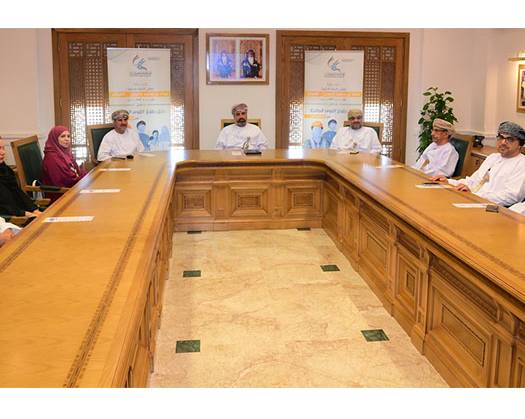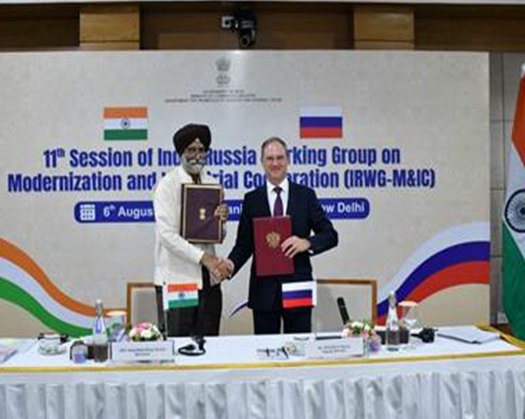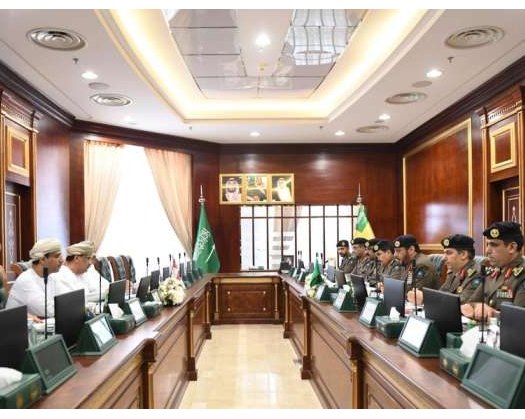Muscat: The Oman Human Rights Commission unveiled the Private Sector Workforce Rights Guide on Sunday, available in six languages. This initiative aims to enhance legal awareness among both employers and employees, fostering a culture of compliance with laws while promoting respect and fairness in the workplace.
The ceremony for the launch took place under the patronage of Dr. Mahad Said Ba’owain, the Minister of Labour.
This guide strengthens Oman’s commendable human rights record and asserts its dedication to pertinent international agreements, establishing a working atmosphere founded on principles of dignity, equality, and justice.
Dr. Rashid Hamad Al Balushi, the Chairman of the Oman Human Rights Commission, highlighted that the release of the Private Sector Workforce Rights Guide responds to the genuine necessity felt by labor stakeholders to comprehend their rights and responsibilities under Oman’s labor legislation.
He noted that the guide offers an all-encompassing summary of essential rights for those working in the private sector, including the obligation for an employment contract in writing (with a copy provided to the employee), the prohibition against employers confiscating passports or personal documents without written permission, the outlawing of forced labor in any form, and the assurance of equal treatment devoid of discrimination based on gender, language, religion, race, or social standing. Furthermore, it specifies the rights of employees to submit complaints and grievances via authorized methods.
The guide elaborates on rules governing working hours, annual and sick leave, mandatory rest periods each week, overtime, end-of-service benefits, termination certificates, and aspects of occupational health and safety, which encompass first aid, medical assistance, housing, transportation, and meals when relevant.
Release in Arabic, English, Urdu, Hindi, Bangla, and Filipino ensures that expatriate and resident workers of varied nationalities can access the guide easily. It also enumerates official channels for communication between workers and employers and relevant authorities.
The release of the guide is consistent with Articles 10 and 11 of the Commission’s statute (issued by Royal Decree No. 57/2022) which aims to bolster human rights protection in Oman and serves as an essential resource to improve workplace functionality and community involvement.
This multilingual effort mirrors international standards, including Article 23 of the Universal Declaration of Human Rights (which states the right to “just and favorable working conditions”) and ILO Convention No. 111 concerning discrimination in employment and occupation.
Arranged in three sections, the guide addresses the rights, obligations, and restrictions for workers and employers; general guidelines; and methods for communication with the Oman Human Rights Commission.











